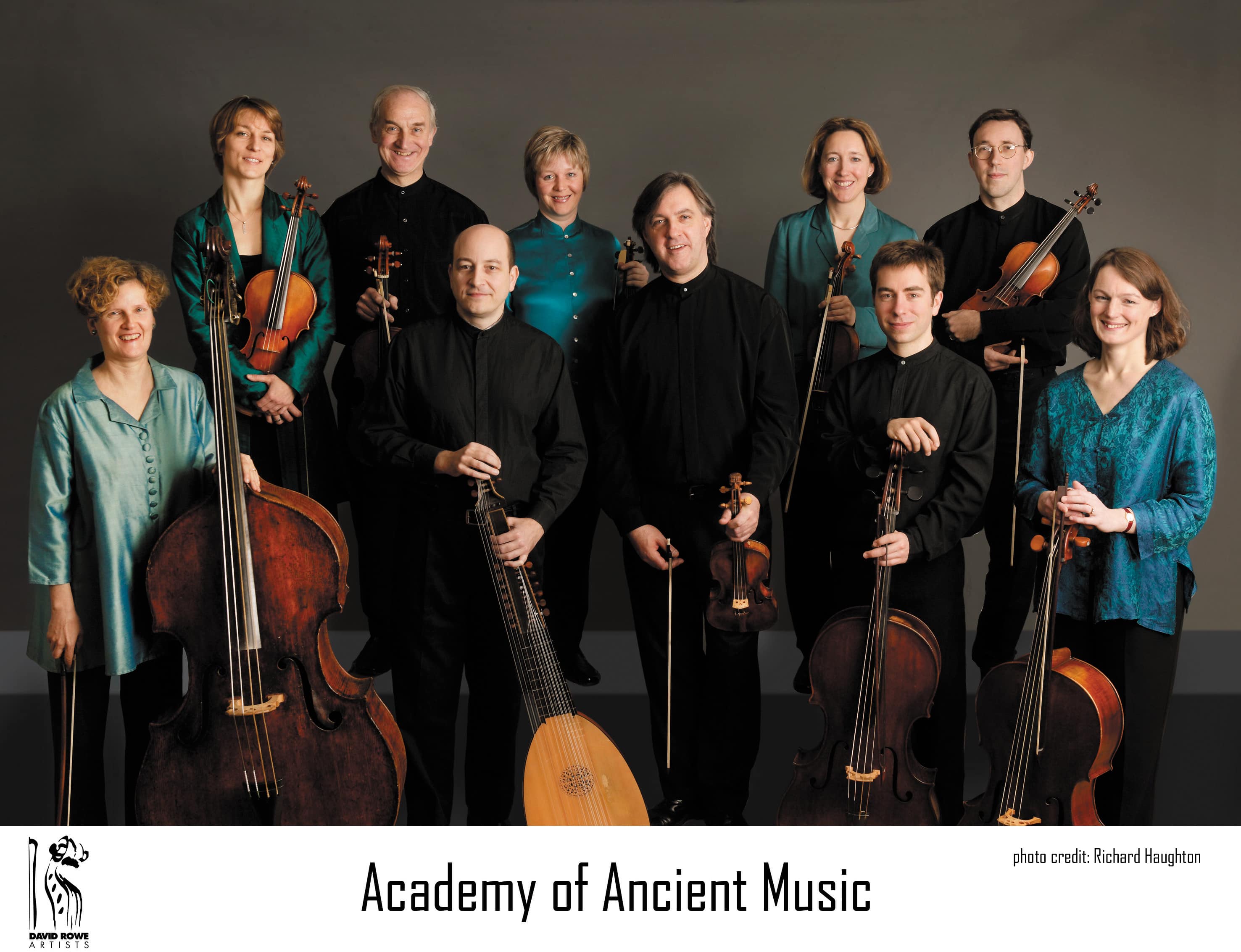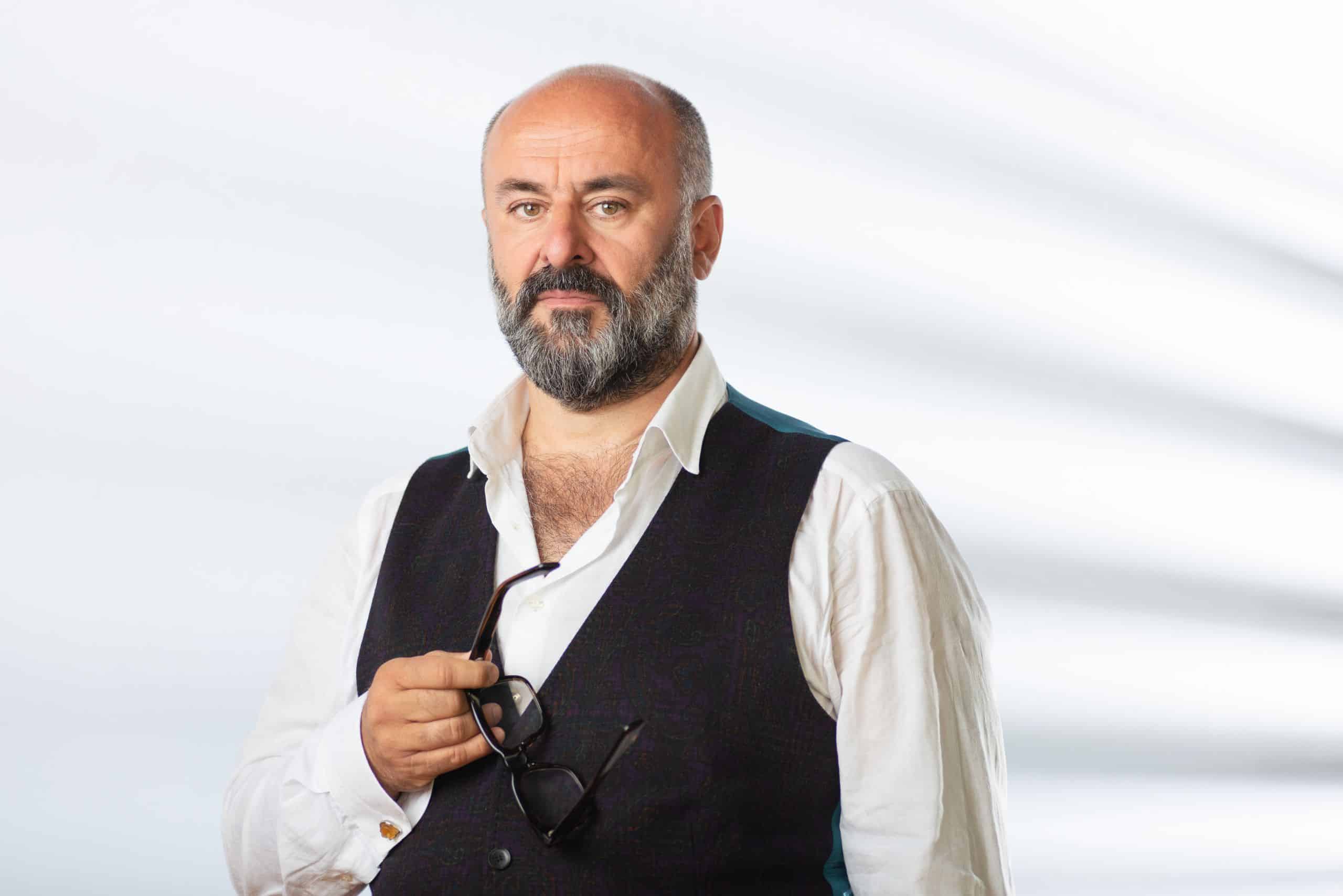Hogwood’s orchestra is headless
mainRichard Egarr is to step down after 15 years as music director of the the Academy of Ancient Music.
Under Christopher Hogwood, the AAM was a dedicated recording ensemble. That work no longer exists. It needs to refocus.






I would like to know more about the financial side of groups like this. What are their sources of income, and how do they pay their members? How many concerts would a similar-sized group need to play and what would it need to charge for tickets (in an appropriate-sized venue) for it to become the main source (or one of the two main sources) of income for its members?
I see from their web site that they will play only twelve concerts in October through December. That seems comparable to, say, Tafelmusik Baroque Orchestra (it comes readily to my mind, as a Canadian), and is more than the Northern Chamber Orch. Could AAM function if it played more concerts and needed greater time commitments from its players? Could it play as many concerts as the Australian Chamber Orchestra? I know the competition is much more intense in London than almost anywhere else. If anyone can recommend good reading about the finances and management of smaller musical groups, I’d appreciate it.
They’re pickup orchestras that (mostly) use the same principals for every concert. The musicians tend perform with other period instrument groups, other pickup jobs, and teach.
Like any other ensemble they get by on ticket sales, donations, and corporate sponsorships.
One of the advantages they have is that their 20- to 40-some member ensembles can sellout the same 2,000 seat halls that 100-piece orchestras perform in — that’s a lot more money to go around.
The AAM is a private company limited by guarantee, company number 04109942. As such there is substantial public financial and administrative information available online free of charge at Companies House – https://beta.companieshouse.gov.uk/company/04109942.
This might take you a bit further in answering your questions.
The musicians are earning around £1,000 per concert on average. Not enough to get rich, but enough to earn a moderate living. Especially if they have other sources of income (and most do).
£1,000 a gig ? I don’t know where you get that figure from, the concert fee in these sort of groups is in the £140-50 mark.
AAM is based in Cambridge.
I imagine Brexit is non-advantageous for an ensemble would want to do more touring for revenue.
. . if they ever figure out what Brexit really is.
PRECISELY why I was in favor of Brexit: I wanted to find out what would happen. Still waiting.
Of course, I’m also an American and have “no skin in the game,” to use one of our more colorful expressions.
Actually, until I read this I didn’t even realize the AAM was still in operation. A dozen concerts for a 3 month period actually seems a pretty good number for a small, non-fulltime group.
They are still in operation and still recording. Look at their website. They are looking for someone to replace Mr Egarr.
They can still tour. Brexit doesn’t confine musicians to the UK. But the damned virus has.
Perhaps rename it the “Mary, Queen of Scots Orchestra”?
Stupid idea, she RC and lost her head, wise up woman.
My one experience of an AAM orchestra concert was disappointing. At the Haydn Festival week-end at Esterhazy for the 2009 celebrations marking the 200th anniversary of the composer’s death, the AAM looked and sounded unfortunately ragged. Indeed as they strangled on to the stage, they looked as though they had just rushed from a plane and had no time to smarten up. This was particularly noticeable given that the concert was sandwiched between an outstanding one given by the superb Freiburg Baroque the previous evening and a very moving Creation excellently conducted by Adam Fischer on the Sunday morning.
Apologies – strangled should have been straggled!
Who is Christopher Hogwood?
Sic transit gloria musicae.
Oh, dear! Kids these days!
The late Christopher Hogwood, conductor, harpsichordist, musicologist, founder of The Academy of Ancient Music, was one of the greatest musicians of the 20th/21st centuries. Sadly he died of a brain tumour in 2014.
Have you never heard of Google?
He founded AAM in 1973 and did extensive recordings on the Decca/L’Oiseau Lyre label He was also a first-rate harpsichordist. He handed the orchestra over to Egarr in 2006.Hogwood died in 2014.